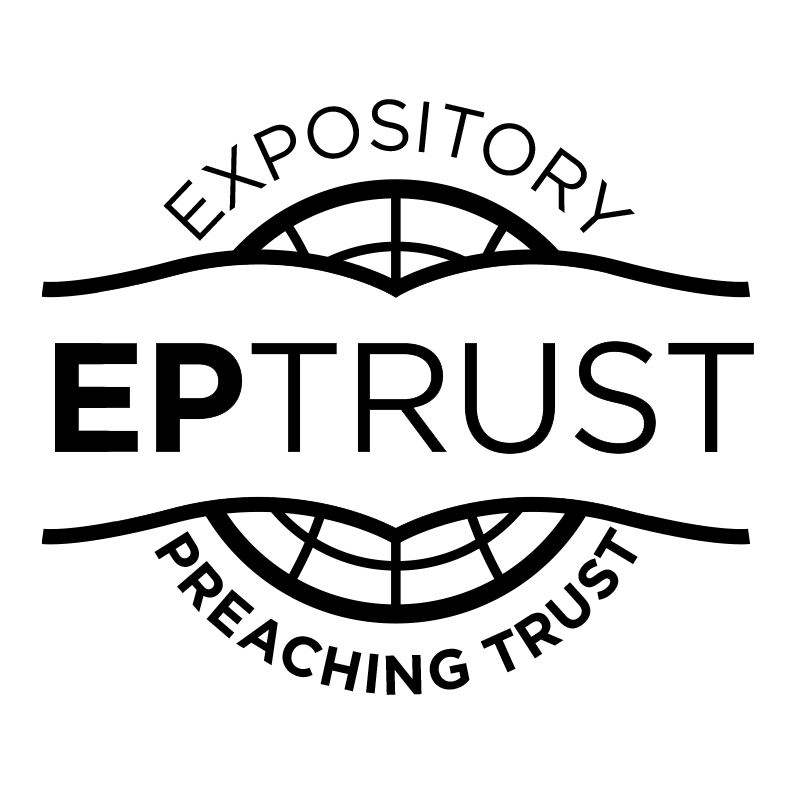2020 has been the year of the Un. The unusual, the uncommon, the unparalleled, the unprecedented.
Hope springs eternal and we now enter a new year, 2021, which promises to be the year of the Re. The recovery, the restoration, the renewal, the revival.
According to one of my grandchildren, when asked which Bible book would be best to preach in the year of the Re, she suggested the book of Revelation—a good idea but not what I had in mind.
Martyn Lloyd Jones had been a specialist physician before becoming one of the most influential preachers of the last century. From 1955 to 1968, Dr. Lloyd Jones, preached through the book of Romans most Friday nights at Westminster Chapel in London, and even then did not finish the book. He is quoted as saying, ‘I know of no greater tonic in the realm of the Spirit, than a thorough reading of that book’. He was not, as one would expect, referring to Romans, but rather referring to the book of Acts.
Acts is a great book to preach in the year of the Re. It is a great spiritual tonic, it will enliven you and do good to the body of Christ!
Here are 4 reasons why:
- Acts is an encouraging record of all that the ascended Christ does, through his Word, carried by his church into an antagonistic world. Christ is still on the throne, the world is still antagonistic and the Word has lost none of its purposeful power.
- Acts is not about human plans and schemes, but the power of God exercised through his Word. The focus of Luke in his gospel is the Lord Jesus; people come and go but Luke’s director’s camera follows Jesus. However, in Acts, Luke’s focus is on the gospel—its unstoppable power and its ability to save the lost and to mature the found.
- The spotlight is never on the human messenger. He is the vital carrier but it’s not about him; it is about God and what he is doing. See how often the Apostles report their progress by saying, ‘they told all that God had done through them among the Gentiles’.
- Pointedly, where human courage was on display, as in the case of Peter before the Sanhedrin or Stephen before his accusers, Luke makes it clear that it is not as though they are heroes but that each man was, ‘filled with the Holy Spirit’. No one had been prepared for ministry like the Apostles’, and yet Jesus insists that they wait for the coming of the Spirit for without Him they are inadequate.
To have Jesus is to have His Spirit and to have the Spirit is to overcome every barrier which the world can erect.
Prison, persecution and politics all quail before the Spirit-empowered march of the gospel. Luke-Acts remind us that it is the purpose of God that the Christ should suffer, die and rise (Luke 24:46) and it is as much the purpose of God that His gospel should reach the ends of the earth (Luke 24:47). Acts is a record of God fulfilling his purpose and it thus explodes our limited and parochial interests.
E.M.Blaiklock, the past Professor of Classics at Auckland University, summed up Acts in this way: ‘To press beyond the fringe is always sound policy, provided it is done with vigour and devotion’.
Why not a weekly dose of this tonic? It is perfect for the encouragement of renewal and revival.
It could be preached over three school terms:
Acts 1-7 The beginnings.
Acts 8-12 Early expansion.
Acts 13-28 To the ends of the earth.
Each section could be preached over a 10 week school term.
Blaiklock’s commentary in the Tyndale series is a gem. Two other excellent books for the preacher are David Gooding’s, ‘True to the Faith’ (Gospel Folio) and Alan Thompson’s, ‘The Acts of the Risen Lord Jesus (NSBT).
Acts lends itself to excellent children’s talks; matching children’s talk and sermon on the same passage is a great aid to memory.
Get the congregation reading Acts for their devotions; there are excellent Acts devotions available through Our Daily Bread ministries, S.U. or Reformers’ Bookshop.
Acts is a Restorative tonic for the church.
David Cook


